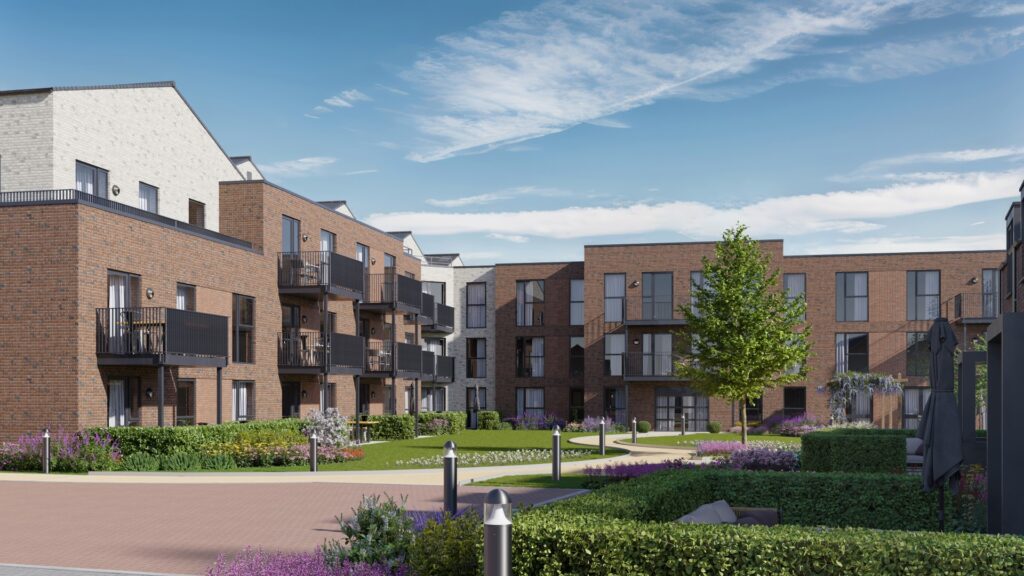New plans to join up health and social care announced
A new Integration White Paper has been announced, setting out a vision for an integrated NHS and adult social care sector which will better serve patients and staff.
Under the current system, patients often find themselves having to navigate complex and disjointed systems despite the best efforts of staff. Those with multiple conditions can be left feeling frustrated at having to repeatedly explain their needs to multiple people in different organisations, while others can end up facing delayed discharge because the NHS and local authorities are working to different priorities in a way that isn’t as joined up as it could be.
The White Paper sets out some of the ways health and care systems will draw on the resources and skills across the NHS and local government to better meet the needs of communities, reduce waiting lists and help level up healthcare across the country.
Plans include better NHS support to care homes, improved access to social care services through NHS data sharing, better transparency and choice, more personalised care, earlier intervention, clear communication, better treatment, coordinated and more flexible services, as well as better value for money.
“The pandemic highlighted what our fantastic NHS and local government can achieve when they work together – from delivering the phenomenal vaccine rollout to supporting those who were shielding,” said prime minister Boris Johnson.
“We now want to build on these successes, joining up health and social care even more to deliver the best possible care – whether you want to see a GP quickly or live independently with dementia. These plans will ensure no patient falls between the gap, and that everyone receives the right care in the right place at the right time.”
Health and social care secretary Sajid Javid added that better integration is vital to stop people from falling into the gaps between health and social care.
“Ensuring our health and care systems work in unison will mean we can support hardworking staff, provide better care to patients and deliver value for the taxpayer,” said Javid.
“Our Integration White Paper is part of our wider plans to reform and recover the health and social care system, ensuring everyone gets the treatment and care they need, when and where they need it.”
Javid continued that the plans set out in the white paper will ensure care is more personalised and accessible and remove the burdens on patients: “Better information sharing will mean people will no longer have to remember key facts such as dates of diagnosis or medicines prescribed, taking pressure off patients to coordinate their own care.”
The Integration White Paper is the next step in delivering the government’s promise of a health and social care system fit for the future. It builds on both the Health and Social Care Bill and the People at the Heart of Care White Paper which set out a ten-year vision for social care funded through the Health and Care Levy and follows the delivery plan for tackling the COVID-19 backlog of elective care. Integrated approaches are already being pioneered in many areas and dedicated plans to tackle health disparities are set to be published in due course.
To help embed integration across the country, there will be a single point of accountability at a local level to ensure closer links are forged between health and care systems, with consistent and compatible targets.
NHS England chief delivery officer Mark Cubbon said that the NHS is committed to making it easier for patients to get the care they need, regardless of the service or services they are using. “That is why we have already established 42 Integrated Care Systems (ICSs) across England as part of the long-term plan to ensure all parts of the NHS and its partners are working effectively together,” he added.
“The pandemic has shown us what we can achieve when we work together, and joining up services across health, social care and the wider community is key to improving efficiency and giving our patients the best care possible.”
Solace spokesperson for Health & Social Care Paul Najsarek said that the White Paper is a “welcome step forward” to improving health outcomes in communities across the country.
“The potential for local government to make a real, positive difference to the people and places we serve is immense,” said Najsarek, “but it will only be by working together with health, voluntary and community sector partners, and playing to our respective strengths, that we will be able to deliver meaningful change by better treating and preventing illness, improving public health, and addressing inequalities.
“In particular, local authority chief executives have a crucial and unique role to play both in bringing together disparate funding streams in place and galvanising not just their councils but key local stakeholders to contribute to this incredibly important agenda.”



